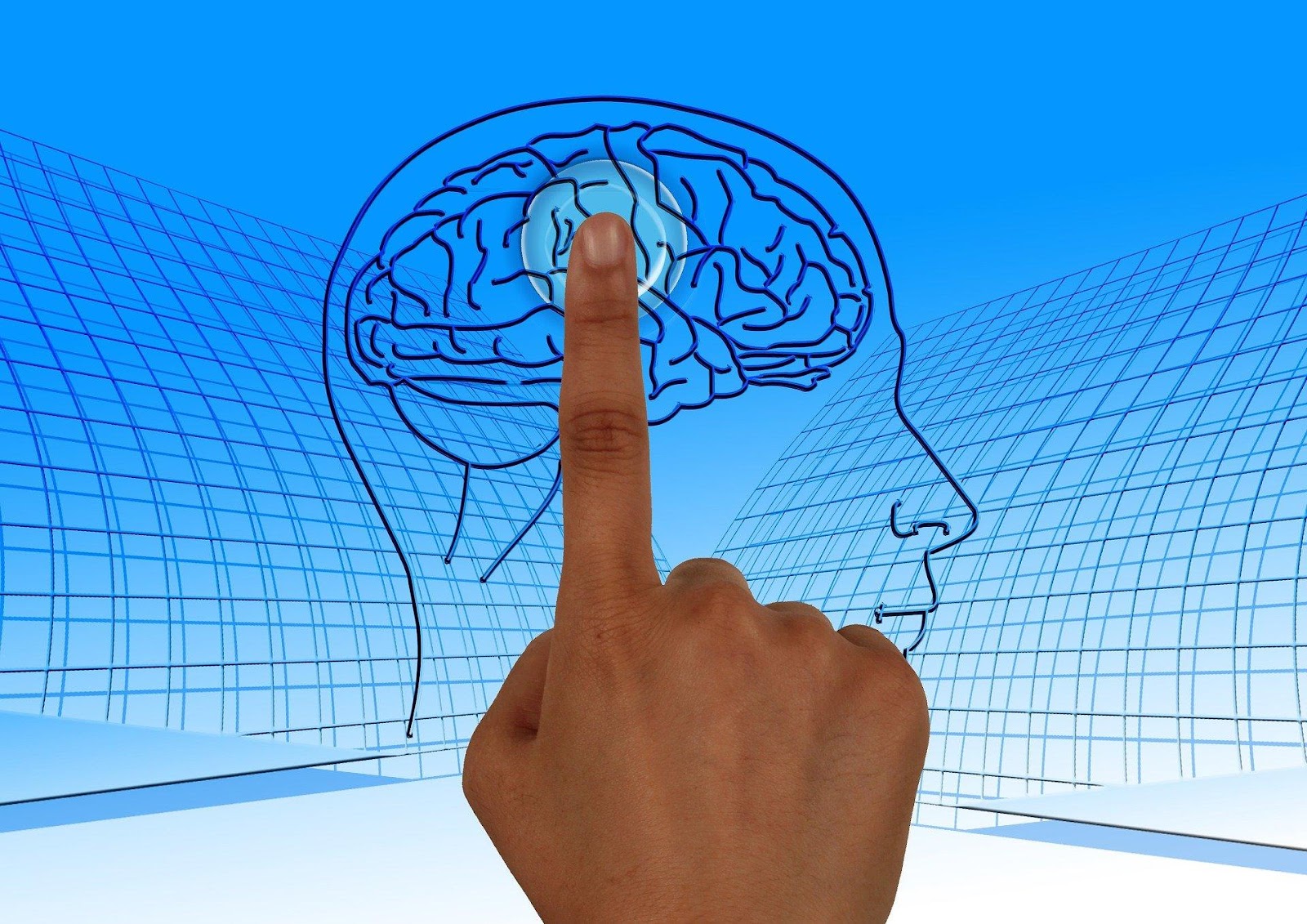By: Betsy Hill and Roger Stark
In these days of brain science, quite a few very long-standing assumptions about schooling are staying referred to as into problem. The product of education and learning that arose to deal with the industrial age has been questioned to get ready learners for the “ages” that have occur in speedy succession – the “information age,” the “technology revolution,” and whichever will occur upcoming.
The simple fact of the subject is that we never know for confident what comes subsequent, which is why David Brooks, in an Op-Ed in The New York Instances, phone calls our existing period The Cognitive Age. He commences by detailing that the key force reworking our financial state is not globalization, as quite a few have claimed. Instead…
“It’s the expertise revolution. We’re shifting into a additional demanding cognitive age. In purchase to prosper, folks are compelled to develop into better at absorbing, processing and combining information…
The globalization paradigm emphasizes the fact that information can now travel 15,000 miles in an instantaneous. But the most vital aspect of information’s journey is the last few inches – the house between a person’s eyes or ears and the different regions of the brain. Does the personal have the ability to recognize the data? Does he or she have the teaching to exploit it?”
In other phrases, if we do not know what the work of the upcoming will be, the part of instruction has to improve from making ready pupils for a knowable long run to preparing them for an unknowable foreseeable future in which they will have to regularly understand and adapt.
The late Peter Kline was an educator known for his capability to encourage learners, a thespian known for his practiced pratfalls and patter, and a prolific thinker and writer (Why America’s Kids Just cannot Believe and The Everyday Genius, among them). He assumed profoundly and wrote about the improvements required in education for us to thrive in The Cognitive Age. We experienced the good very good fortune to take into consideration Peter a good friend and mentor. When Peter examine Brooks’s posting, he wrote us the following:
“With the age of the computer… abruptly, in order to earn a first rate residing, you had to master new data at warp speed. You had to understand about ideas and processes that did not even exist a couple yrs right before.
In other phrases, if we don’t know what the positions of the future will be, the purpose of training has to change from getting ready students for a knowable potential to preparing them for an unknowable foreseeable future in which they will have to regularly study and adapt.
Betsy Hill and Roger Stark
“But persons continue to went to university and learned virtually precisely the same issues their grandparents experienced been taught in university. Faculty became a suggests of maintaining the position quo, a put in which the knowledge currently being delivered and the abilities remaining taught have been no lengthier adequate for or from time to time even applicable to what was now wanted in the workforce. And worse, it unsuccessful to establish any knowing or sense that we can all transform our brains and our cognitive success.
“Today nobody even is familiar with what individuals are heading to have to have to know tomorrow. As new principles continue to keep entering the overall economy speedier and quicker, it’s like dwelling in the jungle. You just have to determine out how to keep alive. Keeping alive in the jungle of contemporary lifestyle (the Cognitive Age) involves lots of strong COGNITIVE Techniques.”
What David Brooks perceived, what Peter Kline projected from the evolving science, and what we can attest to from our own encounter and investigate, is that “we can all change our brains and our cognitive performance,” to use Peter’s phrases.
But what if young ones never carry “lots of powerful COGNITIVE SKILLS” with them to the classroom? What can we do about the youngsters who seriously struggle with studying? What do we do about young ones with awareness problems and developmental delays and studying variances? How can they endure and thrive in the jungle of The Cognitive Age?
What we can do is enable them build much better cognitive skills with classroom-ready technological innovation that incorporates what we know about how the brain learns and the science of inspiration. Anne Budicin, Principal of Glenwood Academy (IL), explains it this way, “Because of our students’ backgrounds, we are constantly striving to give them with chances that near tutorial gaps and aid them accomplish their real probable. Cognitive teaching is an important element of obtaining this. It will help our students improve their quick-time period, prolonged-expression and operating memory. Teachers have noticed improvement in attentiveness and mentioned superior recall of info.”
Kanika Johnson, the school’s Dean of Learners and former Technologies Director at the university, calls it “an important element of our students’ discovering experience.” And technologies plays an integral part. “The vivid, fulfilling interactive electronic surroundings is stimulating and exciting, when strengthening cognitive skills and reasoning qualities. It increases students’ aptitude to discover in inventive and modern techniques.”
In our subsequent column, we’ll get into the nuts and bolts of cognitive coaching, and how it genuinely functions, and you are going to hear from other educators who are really energized to be equipped to increase cognitive teaching to an now prosperous curriculum. It is a distinct spin on education, to be confident. But our kids are unique people. They will make their marks in a different time. And they will have to have the cognitive ability to survive and thrive in an unpredictable long run.
Betsy Hill is President of BrainWare Discovering Organization, a business that builds understanding capacity by means of the useful software of neuroscience. She is an seasoned educator and has researched the link amongst neuroscience and instruction with Dr. Patricia Wolfe (author of Mind Matters) and other specialists.
Roger Stark is Co-founder and CEO of the BrainWare Understanding Company. More than the previous ten years, he championed endeavours to bring comprehensive cognitive literacy expertise teaching and cognitive evaluation within arrive at of every single human being, and it all begun with a person quite fundamental concern: What do we know about the mind?



More Stories
Unlock Brilliant Minds: How Homeschool Learning Inspires Confidence and Creativity in Every Child
Empower Your Child’s Confidence: Why a Self Paced Homeschool Program Changes Everything
Unlock Your Family’s Potential: Why Many Parents Find Homeschooling Easy and Rewarding